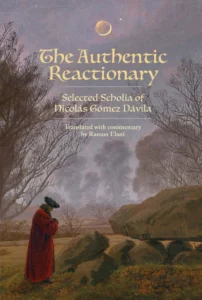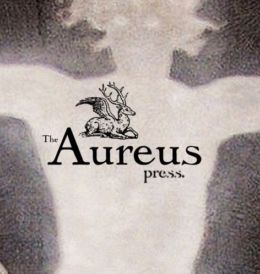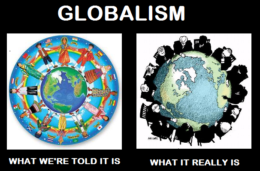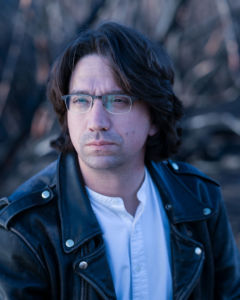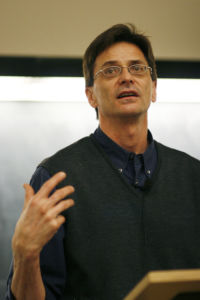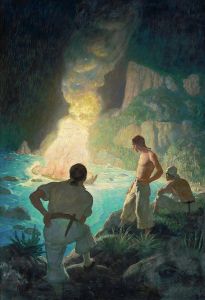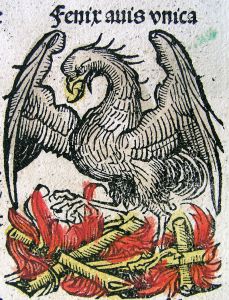The Authentic Reactionary: Selected Scholia of Nicolás Gómez Dávila
Translated with commentary by Ramon Elani
North Augusta, S. C.: Arcana Europa Media, 2023
Large linguistic communities such as the English and Spanish-speaking worlds are peculiarly liable to insularity. It was only in the late 1980s that a few adventurous German souls caught on to the existence of then-septuagenarian Colombian aphorist Nicolás Gómez Dávila (1913-1994). From there, awareness of his work spread to other European countries. (more…)
